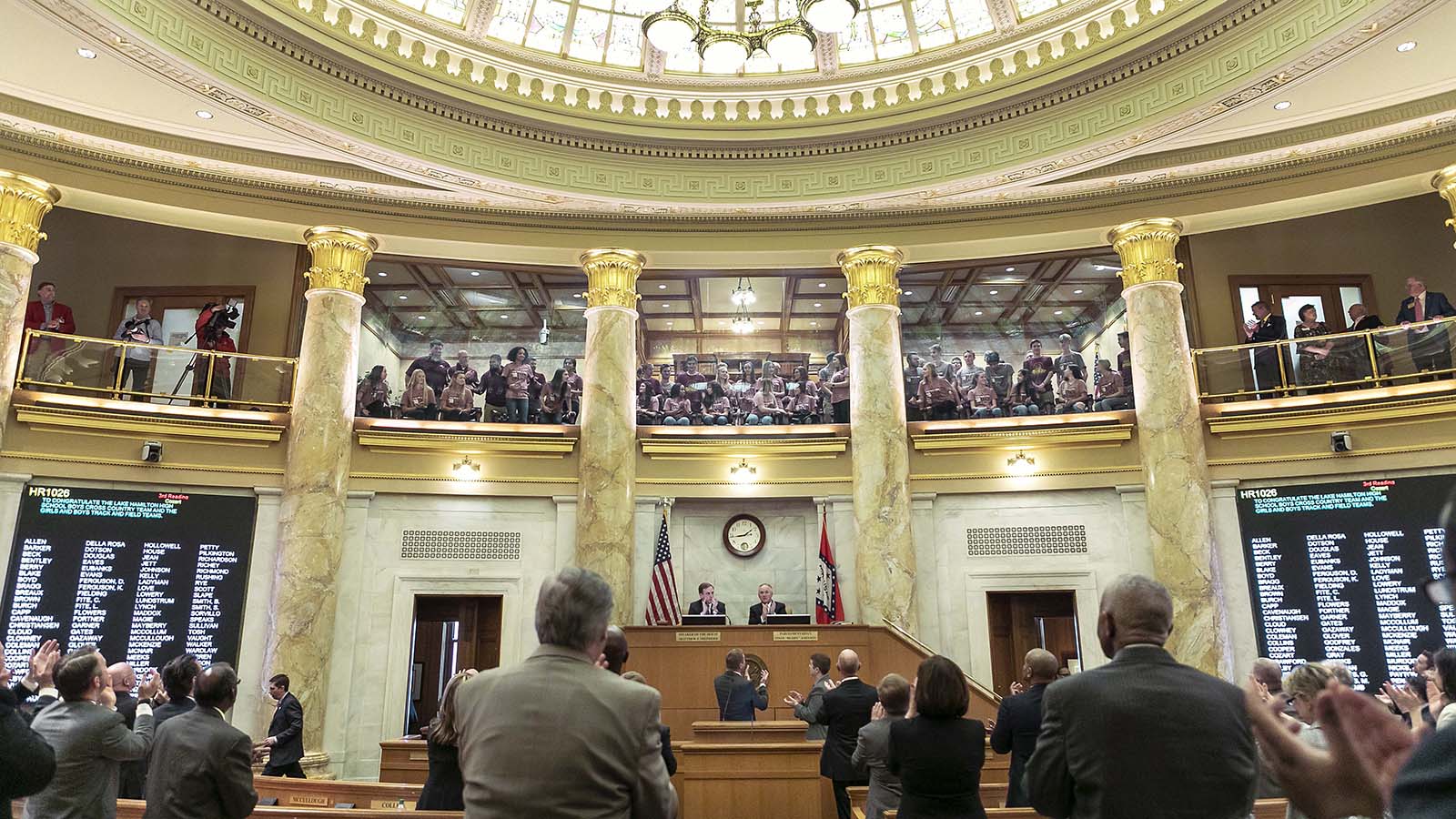
 On Tuesday, the House Judiciary Committee advanced several pieces of legislation including HB1126 which requires a defendant to physically remain in the courtroom during any victim impact statement. Exceptions are made if the court determines that the defendant is disruptive or presents a safety threat.
On Tuesday, the House Judiciary Committee advanced several pieces of legislation including HB1126 which requires a defendant to physically remain in the courtroom during any victim impact statement. Exceptions are made if the court determines that the defendant is disruptive or presents a safety threat.
The committee also advanced HB1114. This bill addresses child custody cases in which one parent wishes to move more than 60 miles from the current principal residence of the child. This bill places the burden of proof to show that the move is in the best interest of the child on the relocating parent. Current law requires the burden of proof on the non-custodial parent.
And the Judiciary Committee advanced HB1280. The bill states that upon the third offense in five years for public intoxication, the judge has the discretion to order individuals to alcohol treatment for a period longer than 30 days. Current law allows for a period of up to 30 days. The House Education Committee advanced HB1396. This bill allows a school board to implement a drug screening requirement for new applicants and random drug testing for current employees of a school district.
The House Education Committee advanced HB1396. This bill allows a school board to implement a drug screening requirement for new applicants and random drug testing for current employees of a school district.
 This afternoon, the House passed SB150. This bill allows a government entity, on its own or in partnership with a private entity, to apply for grants or loans to provide broadband in unserved areas.
This afternoon, the House passed SB150. This bill allows a government entity, on its own or in partnership with a private entity, to apply for grants or loans to provide broadband in unserved areas.
The House also passed SB199 which states a school counselor shall spend at least ninety percent (90%) of his or her working time during student contact days providing direct and indirect services to students.
In a vote of 95-0, the House passed SB152. This legislation reforms the juvenile justice system by requiring judges to use a validated risk assessment. Judges will be provided with information about the juvenile’s home life, mental health needs, and school needs. It also creates plans for diversion options using community providers. And it redirects savings from incarcerating youth to community-based services.
The House will convene again on Wednesday at 1:30 pm.
